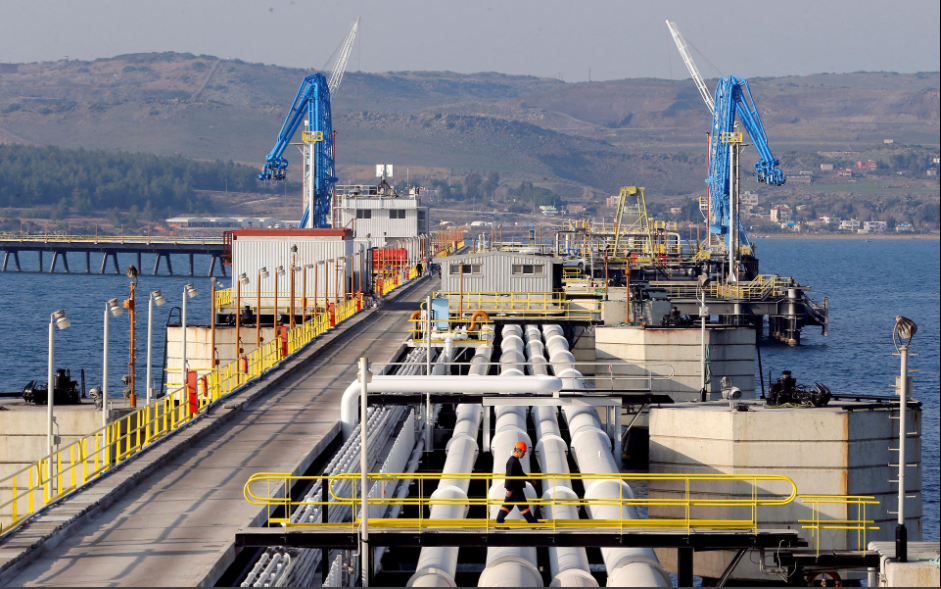Turkey under pressure to hike energy prices

Soaring world energy costs are piling pressure on Turkey’s state energy importer BOTAS to further hike prices as it falls deeper into the red, even as manufacturers complain that recent price rises threaten their operations.
The pipeline operator and trading company needed a 100 billion lira ($6.8 billion) payment from the Treasury last year to cover its shortfall and losses have accelerated since Russia’s invasion of Ukraine drove energy prices higher, officials say.
That poses several challenges to authorities in Turkey, which imports nearly all its energy needs. BOTAS has bought billions of dollars from the Central Bank to cover its purchases, eroding the bank’s already low foreign reserves, while Treasury payments to BOTAS widen the budget deficit.
At the same time any price increase imposed by BOTAS on Turkish industry could hurt the government’s drive for export-driven economic growth, while also keeping upward pressure on inflation which has topped 60%.
Four industrialists that represent some of the most gas- and electricity-intensive sectors, such as steel, ceramics and cement, told Reuters that soaring costs would push up prices of their goods.
So far BOTAS has kept its gas prices to consumers and industry well below the $830 per thousand cubic metres which it is paying in April. It said its latest price increases on April 1 still left households with an effective 70% subsidy.
“BOTAS has given significant support to households, power plants and industrial companies. Compared to continental Europe, before the price hike, industry and power plants paid one eighth of the price and households paid one twentieth of the price,” a senior government official said.
“Now BOTAS is still making serious losses, but this is government policy and the subsidies continue.”
Since the end of 2020 BOTAS has hiked the price of natural gas for industry by 568% in lira terms, according to Reuters calculations. That reflects a 49% fall in Turkey’s lira against the dollar in that period on top of rising world energy prices.
“Despite the hikes, BOTAS lost billions of dollars in the first quarter. If the current figures continue for the rest of the year, the loss is expected to grow exponentially,” one source close to the matter said.
He said that BOTAS’s balance sheet problems meant that, even with continued Treasury support worth 14.7 billion lira in February, it now faced difficulties borrowing from banks. Asked about those claims, a BOTAS official referred Reuters to the Energy Ministry, which did not immediately comment.
“The government’s preference is not to make price rises that will push inflation higher as much as possible, but there is a serious cost linked to commodity prices,” the source said.
The cost of Turkey’s energy imports doubled in January and February compared to last year, to reach $16.6 billion, helping to drive Ankara’s trade deficit up 135%.
In February alone, BOTAS and other state entities bought a record $5.37 billion in foreign currency from the Central Bank.
Industrialists have asked the government for support, including a reduction in Turkey’s 18% VAT, to help them deal with gas price hikes, the senior government official said.
They have also warned that further hikes to energy prices would be reflected in goods prices, driving inflation even higher and limiting the competitiveness of Turkish businesses.
“Energy costs already create a serious burden on the exporter, and now they have reached a level that puts the costs above some of our competitors in the European Union,” said Erdem Cenesiz, chairman of the Cement, Glass, Ceramics and Soil Products Exporters’ Association.
“This outlook puts us at risk of losing our competitiveness against EU companies and our hard-won export markets around the world.”
[Reuters]





